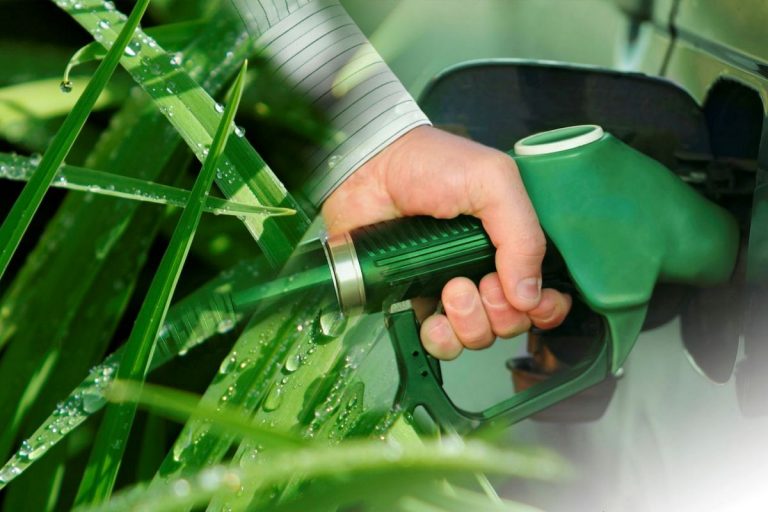The Brazilian Association of Biofuel Producers (Aprobio) is petitioning the Brazilian government to return to the original schedule of increasing the mixture of vegetable oil blended into biodiesel that was interrupted by the Covid-19 pandemic and the Russia-Ukraine war. According to the plan approved by CNPE (National Political Emergency Council) in 2018, the blend was scheduled to go to 14% (B14) in January of 2023 and then to 15% (B15) in March of 2023. More than 70% of the vegetable oil used in biodiesel is soybean oil.
Currently, the blend is set at 10% (B10), but it was originally scheduled to be 13% (B13) by this date. When soybean and soybean oil prices reached near record highs, the Brazilian government decided to reduce the blend back to 10% (B10) to hold down the price of diesel fuel.
The rational for the decision was that high soybean oil prices were driving up the price of diesel, but soybean oil accounts for only a small percentage of the price of biodiesel and reducing the blend percentage had a negligible impact on diesel prices.
In fact, even after they decided to reduce the blend percentage, diesel prices continued to increase due to higher international oil prices. The decision to reduce the blend percentage was more of a political decision to placate truck drivers who were threatening a nationwide strike to protest high diesel prices.
When the decision was made to hold the blend percentage at 10% for all of 2022, soybean crushers complained because they had expanded their production capabilities anticipating the promised higher blend.
Aprobio calculates that 19.8 million tons of vegetable oil will be used for biodiesel production in 2022 and that could increase to 30 million tons in 2023 if the blend is increased to 15% (B15). That increase of 10.2 million tons could alter the way soybeans are marketed in Brazil. If the higher blend is adopted, more of Brazil’s soybeans would be crushed instead of going to the export market.
Aprobio argues that using more soybeans for domestic purposes is a financial benefit for Brazil. Exporting raw soybeans generates less revenue than producing value added products such as soybean oil and soybean meal. Each real used for additional biodiesel production would generate an additional 4.4 reals in economic activity. Additionally, higher blends would reduce greenhouse gas emissions and help to reduce the negative health impacts from diesel emissions.
It is unclear if CNPE will revert to their original plan that was approved in 2018. CNPE’s next meeting to decide the issue is scheduled for December.




